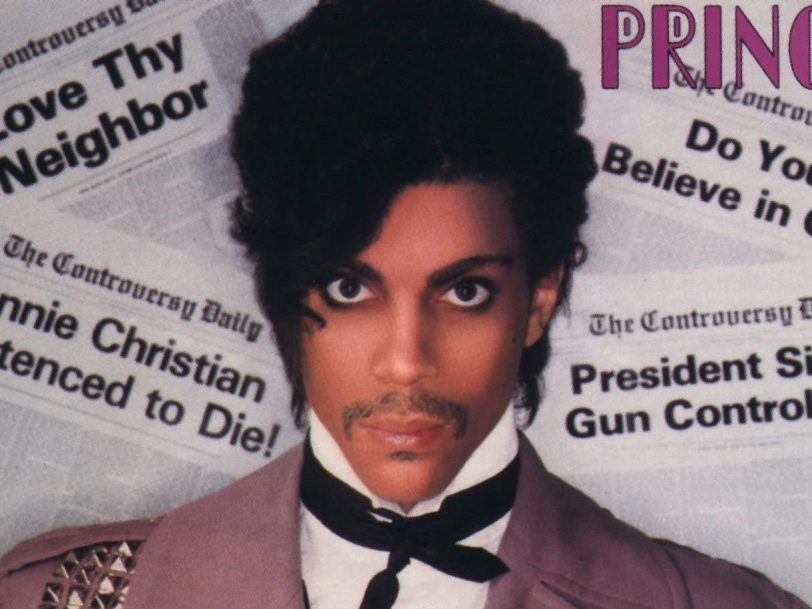As the 80s sought to establish its identity, the man who would come to define the decade was still in the process of fine-tuning his own persona. Prince had gone some way towards that with the stripped-back punk-funk sound and sexually forthright songs on his 1980 album, Dirty Mind, proving he was as artistically uncompromising as he was musically ambitious. With that record’s follow-up, the following year’s Controversy, he added more colour to his palette while further honing a worldview that would soon mark him out as the most astonishing artist on the planet.
Listen to ‘Controversy’ here.
“It was like Prince concentrate”
Part of that fine-tuning included absorbing even more from his increasingly wide range of musical influences. Prince had closed out the Dirty Mind era in the middle of 1981 with a trio of shows in the UK and Europe, where he encountered everything from Gary Numan’s glacial post-David Bowie synth excursions to Kraftwerk’s future-shaping electronica and the first flourishing of New Romanticism. Back in his new home studio in Chanhassen, on the outskirts of Minneapolis, he recorded Controversy’s eight songs in a little over a week in August 1981, finishing them up in his home away from home, Sunset Sound Recorders, in Los Angeles. “It became more potent,” keyboardist Lisa Coleman told this author of the intensity with which Prince worked. Recalling that time for the book Lives Of The Musicians: Prince, she added, “It was like Prince concentrate.”
And yet Prince had such an unstoppable flow of ideas, he could no longer contain them in just one album. While bringing his own new record into being, he also formed a side band, The Time, out of local Minneapolis musicians – among them future hitmakers keyboardist Jimmy “Jam” Harris and bassist Terry Lewis – who he charged with learning the songs on a whole other album he’d recorded for them to front, but on which only frontman Morris Day would appear, singing vocals that followed the guide tracks Prince had laid down for him. Soon to set out on tour as Prince’s support act, The Time served as an outlet for his more party-minded funk music while the Controversy material found Prince taking even greater musical and thematic leaps than before.
“To me it was more like an art piece”
As with Dirty Mind, the album cover led the way, offering a full-colour (and more fully clothed) update to its predecessor, as Prince stood in front of a collage of headlines from the fictional Controversy Daily – “Love Thy Neighbor”, “President Signs Gun Control At” – that hinted at the more moralistic stance his music was beginning to take. With Controversy’s title track, Prince taunted the kind of reports he himself had started generating in the press, opening with mock outrage: “I just can’t believe all the things people say/Am I Black or white? Am I straight or gay?”




